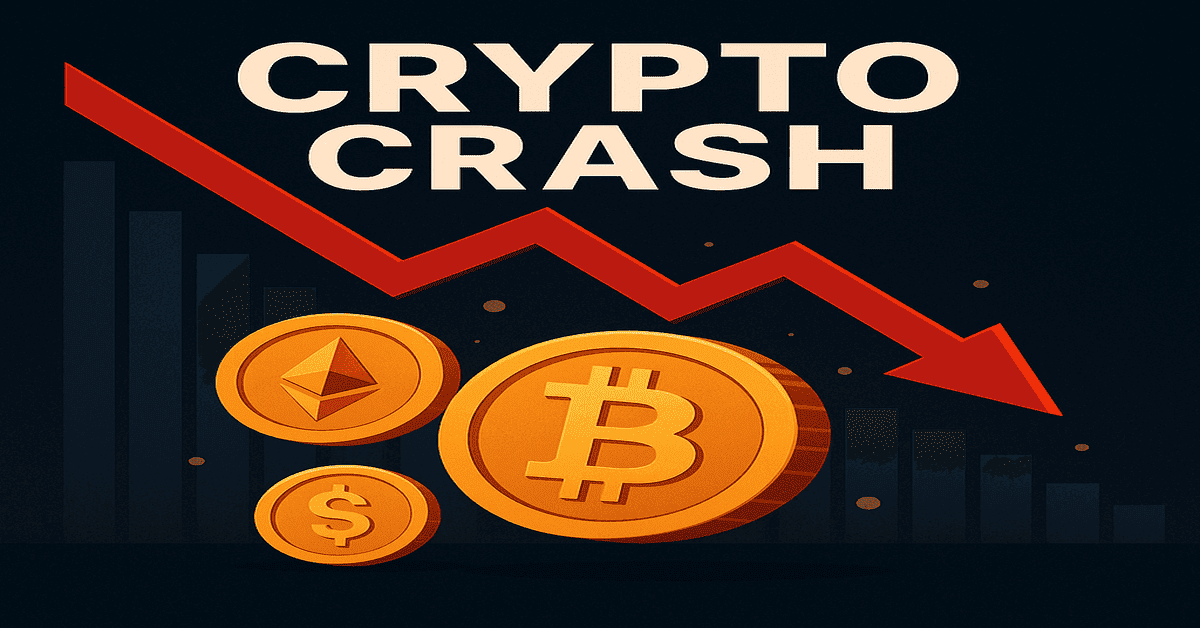
Understanding Crypto Crashes and How to Avoid Them
Summary: Crypto Market Crash – Causes and Consequences
The cryptocurrency market frequently experiences sharp price declines within a short period, often referred to as a “crypto crash.” These events impact not only smaller tokens but also major coins like Bitcoin and Ethereum.
1. Factors Contributing to Sharp Declines in the Crypto Market
1.1. Strict Regulatory Policies
Government regulations can strongly influence the market. For example, in May 2021, China completely banned crypto mining and trading, causing Bitcoin’s price to plummet from $64,000 to $30,000 within a month. Similar actions from India and the U.S. have also triggered significant price drops.
1.2. Collapse of Major Projects
The downfall of large-scale projects like Terra/LUNA in May 2022 triggered a domino effect across the market. The UST stablecoin lost its peg, leading to widespread devaluation of other coins and a loss of confidence in algorithmic stablecoins.
1.3. Market Sentiment and Panic Selling
Herd mentality can lead to massive panic selling during price drops, intensifying downward pressure. The collapse of FTX is a typical example, with Bitcoin falling from $21,000 to $15,000 in just a few days.
1.4. Leverage Liquidations and Selling Pressure
High leverage usage can result in mass liquidations during market downturns, causing a vicious cycle of further price drops. During the FTX crisis, over $5 billion in leveraged positions were liquidated within 24 hours.
1.5. Speculative Bubbles and Market Corrections
The crypto market often experiences unsustainable price surges during speculative bubbles. When these bubbles burst, the market corrects sharply — as seen in 2018 when Bitcoin fell from nearly $20,000 to below $6,000.
1.6. Technical Failures and Cyberattacks
Technical issues or hacking incidents can erode market trust. For instance, in 2014, Mt. Gox lost 850,000 BTC in a hack, triggering a significant price drop and a prolonged “crypto winter.”
2. Strategies to Handle a Crypto Crash
To mitigate risks during market crashes, investors should consider the following:
-Diversify their investment portfolio to avoid overexposure to a single asset
-Use leverage cautiously and fully understand associated risks
-Stay informed about news and regulatory developments affecting the market
-Invest in projects with solid fundamentals and transparent operations